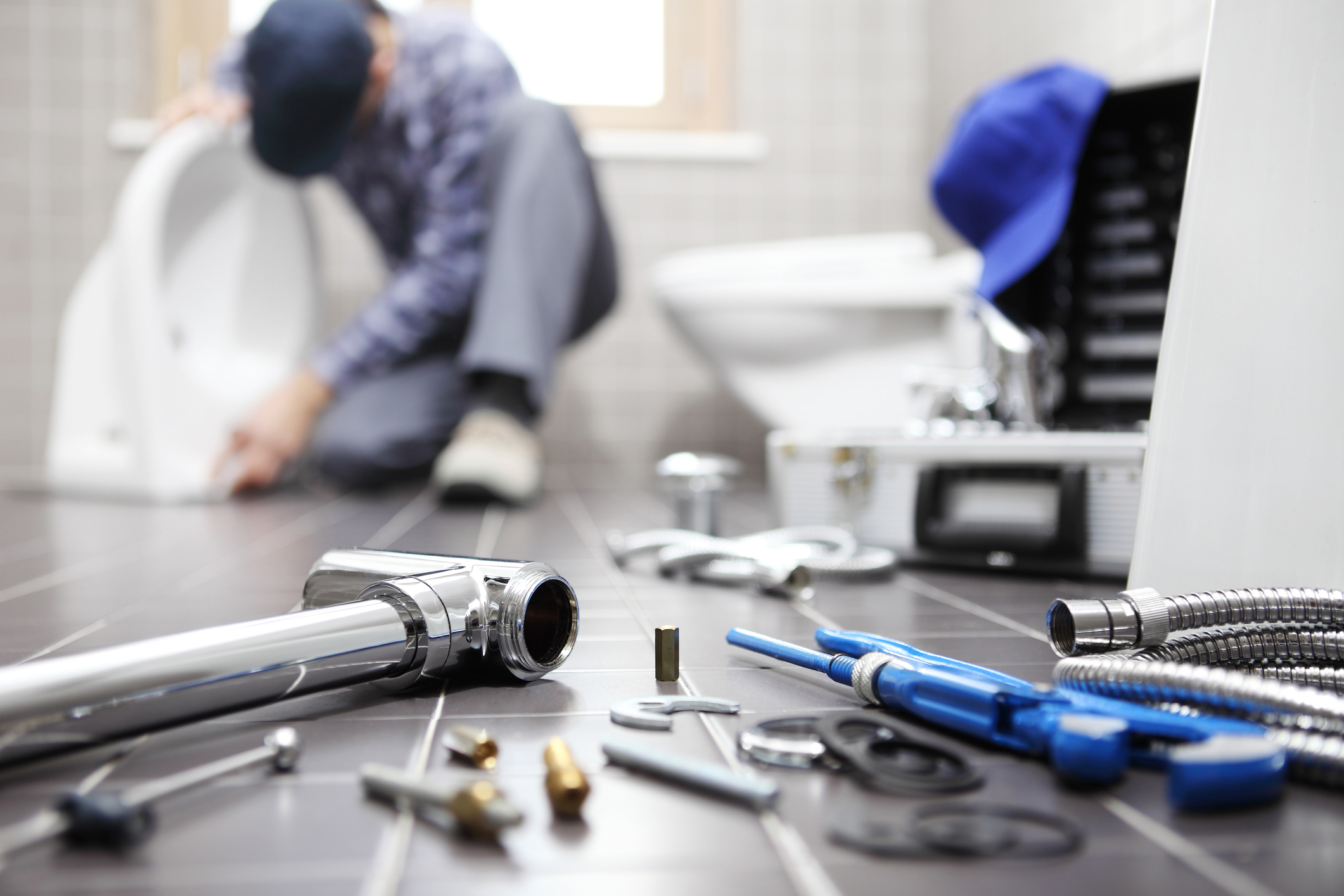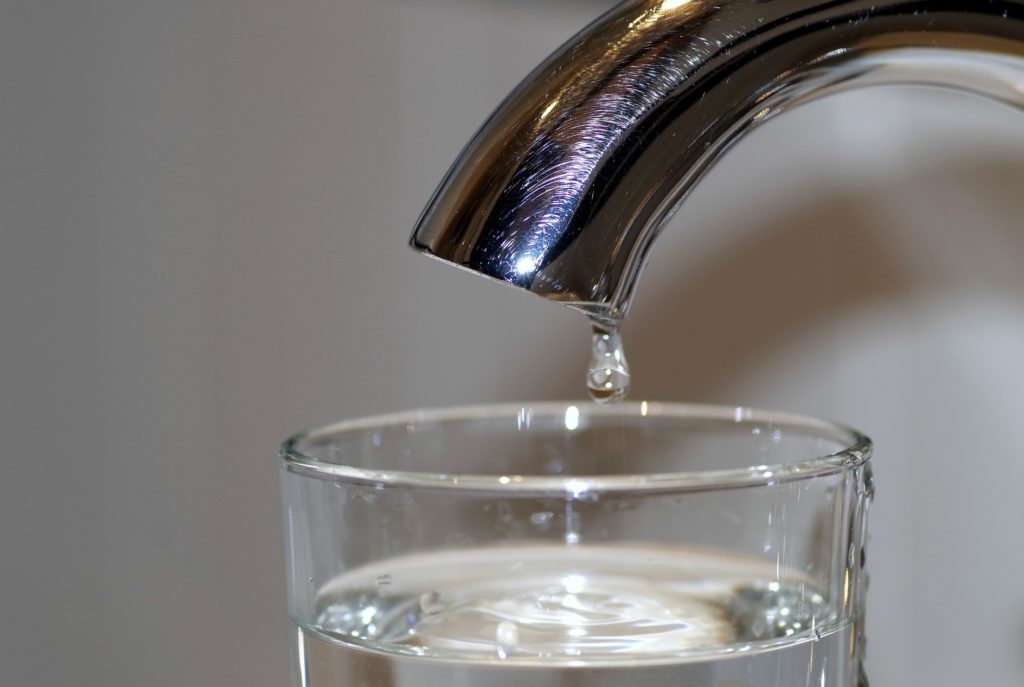This great article underneath pertaining to Dealing with Low Water Pressure in Your Home is indeed remarkable. Read it for your own benefit and see what you think of it.

Low tide pressure in your home can be a discouraging issue, influencing everything from bathing to washing meals. If you're experiencing weak water circulation, there are several possible causes and remedies to explore. In this overview, we'll go over usual factors for low water pressure and practical actions to attend to the issue successfully.
Intro to Low Water Stress
Low water pressure occurs when the flow of water from your faucets, showers, and various other fixtures is weaker than usual. This can make day-to-day tasks extra challenging and less effective. Recognizing the root causes of low tide stress is vital to finding the ideal option.
Usual Root Causes Of Low Water Stress
Pipeline Obstructions
With time, pipelines can end up being obstructed with natural resource, sediment, or debris, restricting the flow of water. This is a common issue in older homes with galvanized steel pipelines.
Rust
Corrosion within pipelines can lead to leaks and decreased water stress. Corrosion buildup can tighten water flow, especially in aging plumbing systems.
Faulty Pressure Regulators
Pressure regulators are accountable for preserving consistent water pressure in your house. If they malfunction, it can result in low tide pressure or irregular flow throughout your home.
Municipal Water Supply Issues
Occasionally, the issue exists outside your home. Municipal water concerns, such as main line leaks or upkeep job, can momentarily reduce water pressure in your area.
Just How to Detect Low Water Pressure
Examining Faucets and Components
Begin by evaluating the water stress at different faucets and components throughout your home. If the problem is separated to particular locations, it might indicate localized problems.
Checking Pipelines
Evaluate noticeable pipelines for indications of leakages, rust, or obstructions. Take note of any uncommon sounds, such as banging or rattling pipes, which could show issues within the plumbing system.
Consulting with a Plumber
If you're not able to determine the root cause of low water pressure, think about employing an expert plumber to conduct a complete examination. They can determine underlying issues and advise suitable solutions.
Do It Yourself Solutions to Repair Low Tide Pressure
Cleaning Up Aerators and Showerheads
Natural resources can gather in aerators and showerheads, reducing water circulation. Eliminate and cleanse these elements on a regular basis to enhance water stress.
Flushing Hot Water Heater
Debris build-up in the water heater can restrict flow and reduce effectiveness. Purging the storage tank regularly aids get rid of sediment and preserve ideal efficiency.
Examining Stress Regulator
Ensure that the stress regulatory authority is functioning appropriately. Changing or changing the regulatory authority can help recover proper water stress throughout your home.
Clearing Clogs in Pipes
For small clogs, try making use of a plumbing snake or chemical drain cleaner to clear blockages in pipelines. Be cautious when utilizing chemicals and adhere to security guidelines.
When to Call a Professional Plumber
If do it yourself initiatives fall short to solve the problem or if you believe significant plumbing issues, it's finest to seek help from a certified plumber. They have the know-how and devices to attend to complicated problems safely and effectively.
Preventive Measures to Keep Water Pressure
Routine Upkeep
Schedule regular upkeep for your plumbing system to avoid issues such as deterioration, leakages, and blockages. Dealing with small problems early can assist prevent more significant repair services later on.
Setting Up a Pressure Booster
Think about setting up a stress booster pump to improve water pressure in areas with regularly low flow. This can be particularly advantageous for multi-story homes or properties with high-demand components.
Monitoring Water Usage
Be mindful of water usage routines and stay clear of ill-using the plumbing system. Straightforward changes, such as shocking showers and laundry lots, can assist keep ample water pressure.
Verdict
Dealing with low tide pressure can be aggravating, yet determining the underlying reasons and carrying out proper options can recover ideal circulation throughout your home. Whether it's cleaning up aerators, checking pipelines, or speaking with a plumber, taking aggressive steps can guarantee a steady supply of water for your everyday demands.
How to Fix Low Water Pressure In Your Home
Municipal Water Supply Issues
Scheduled maintenance, high demand, and water main breaks are all potential causes for low water pressure within a city or county’s water lines. While there’s not much you can do to personally fix a problem with your city or county’s water supply system, you can play a big role in documenting the issue and alerting those who can.
How to fix it:
Ask your neighbors if they are experiencing any issues with low water pressure. If multiple homes are affected, it’s likely related to the city’s water line.
Contact the local Water Authority to see if there is any maintenance taking place that might be affecting your supply. Also let them know of your specific issues. If other homeowners report the same issues, they’ll know that there could be a larger issue to look into.
Faulty Fixtures
A damaged or clogged shower head, faucet or appliance is the first thing we’d suggest checking, especially if low water pressure appears to be isolated to a specific area of your home.
How to fix it:
First, turn off the main water supply to your home.
Check the affected appliances for build-up or debris. In the case of a faucet, you can simply unscrew the aerator at the tip of the faucet. Showerheads should be fully detached from the water pipe.
While the appliances are detached, you may want to check the water supply to determine if the fixtures were in fact the issue.
To clean, soak the showerhead or aerator in vinegar and brush off any visible debris.
Reattach the fixtures and check the water pressure again. If it is still low, there is likely a deeper issue at hand, which can be determined by a professional plumber.
Pipe Obstructions
Mineral deposits, rust or other debris within water pipes can lead to blockages or corrosion over time.
How to fix it:
When you think of a clog, you probably think of a drain clog. While there are many DIY solutions to clearing a drain, clogs in a water pipe will almost always require the help of a professional plumber. A plumber will be able to locate the affected pipe and clean out any debris or mineral deposit buildup. In severe cases, the pipe may need to be replaced. Your plumber might also recommend a water softening system to remove the minerals from your home’s water supply that can contribute to pipe blockages over time.
Plumbing Leak
Undetected water line leaks can divert water away from your residential pipes, reducing the water pressure in your fixtures.
How to fix it:
Check your water meter by turning off all water sources and monitoring the meter for any movement, which could be a clear indicator of a potential leak.
Check all visible pipes for signs of leaking, including water stains, active dripping or damp spots around the pipe.
Inspect fixtures, including faucets and showerheads, for any drips.
Test the pressure but recording the pressure with the main water valve shut off. Leave off for a few hours and test again. A significant drop in pressure is a clear sign of a leak.
https://kiddcoplumbing.com/plumbing-blog/how-to-fix-low-water-pressure/

How to Fix Low Water Pressure In Your Home
Municipal Water Supply Issues
Scheduled maintenance, high demand, and water main breaks are all potential causes for low water pressure within a city or county’s water lines. While there’s not much you can do to personally fix a problem with your city or county’s water supply system, you can play a big role in documenting the issue and alerting those who can.
How to fix it:
Faulty Fixtures
A damaged or clogged shower head, faucet or appliance is the first thing we’d suggest checking, especially if low water pressure appears to be isolated to a specific area of your home.
How to fix it:
Pipe Obstructions
Mineral deposits, rust or other debris within water pipes can lead to blockages or corrosion over time.
How to fix it:
When you think of a clog, you probably think of a drain clog. While there are many DIY solutions to clearing a drain, clogs in a water pipe will almost always require the help of a professional plumber. A plumber will be able to locate the affected pipe and clean out any debris or mineral deposit buildup. In severe cases, the pipe may need to be replaced. Your plumber might also recommend a water softening system to remove the minerals from your home’s water supply that can contribute to pipe blockages over time.
Plumbing Leak
Undetected water line leaks can divert water away from your residential pipes, reducing the water pressure in your fixtures.
How to fix it:
https://kiddcoplumbing.com/plumbing-blog/how-to-fix-low-water-pressure/
As an enthusiastic person who reads about Dealing with Low Water Pressure in Your Home, I imagined sharing that article was really helpful. Do you know somebody who is truly interested in the niche? Feel free to promote it. Many thanks for being here. Kindly come visit our website back soon.
This Page